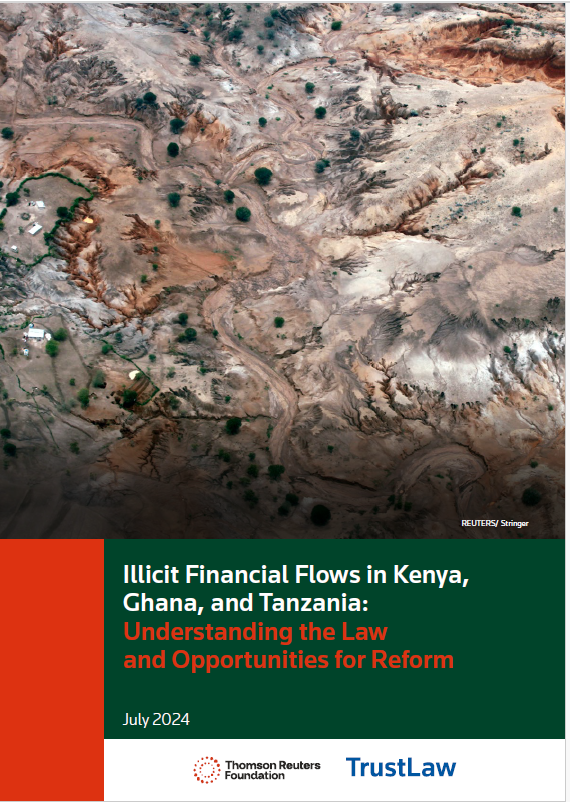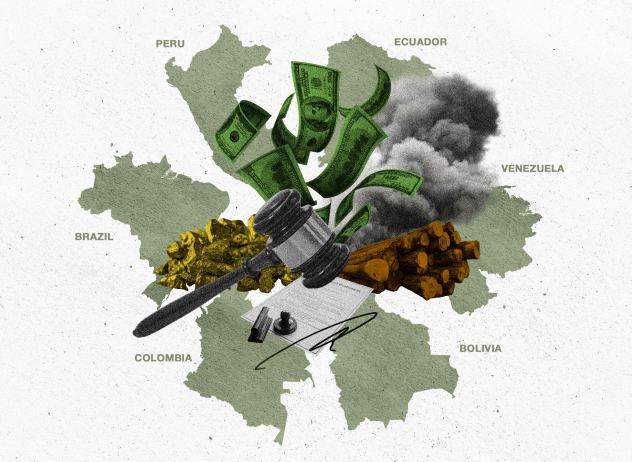
This report examines the legal and institutional frameworks in Kenya, Ghana, and Tanzania to curb illicit financial flows (IFFs), identifying their strengths and gaps that facilitate IFFs. It focuses on three prevalent forms of IFFs: tax-related IFFs, corruption, and money laundering. The study highlights the significance of commercial activities, which account for 65% of IFFs from Africa, and emphasizes the need to address aggressive tax planning, transfer pricing abuse, mis-invoicing, and tax evasion. It also delves into corruption within the extractive sectors of Tanzania and Ghana, and the financial and real estate sectors in Kenya, which are particularly vulnerable to money laundering. This report aims to empower civil society organizations (CSOs) and advocacy communities by enhancing their understanding of the legal landscape to effectively combat IFFs, thereby increasing government transparency and accountability in combating IFFs in these countries.
Related resources
View all
Navigating the Just Transition: Context, Conflicts and Company Practice
This report explores how…
Read More
Barriers to Young People’s Access to Healthcare
The report surveys the legal barriers that adolescents…
Read More
Measuring Pro Bono Impact- Spanish
Bienvenidos a la “Guía para medir el impacto del trabajo pro bono”, presentada por…
Read More
Legal analysis of laws, policies and government strategies relating to AI in Kenya, Mauritius, Rwanda, South Sudan, Tanzania, Uganda and Zambia
This report analyses the legal and policy frameworks governing AI across seven countries to explore how these laws and…
Read More
Data frameworks for Responsible AI: legal perspectives from six jurisdictions
With AI…
Read More
Uelewa kuhusu sheria za vitendo vya kashfa Tanzania
Sheria za kashfa zikitumika kwa usahihi, zinatarajiwa…
Read More
Uelewa wa sheria kuhusu vyanzo vya uandishi wa habari nchini Tanzania
Mwongozo huu unalenga kuwapa…
Read More
A Guide to Criminal Defamation in Southeast Asia
The Guide to Criminal Defamation in Southeast Asia” provides…
Read More
Strengthening Anti-Money Laundering Systems Against Environmental Crime: Comparative Legal and Policy Frameworks in Amazonian Countries
This research examines the anti-money laundering laws and regulatory frameworks of six Amazon Basin countries in…
Read More
Understanding the Laws on Journalistic sources in Tanzania
This Guide provides journalists with a practical…
Read More

